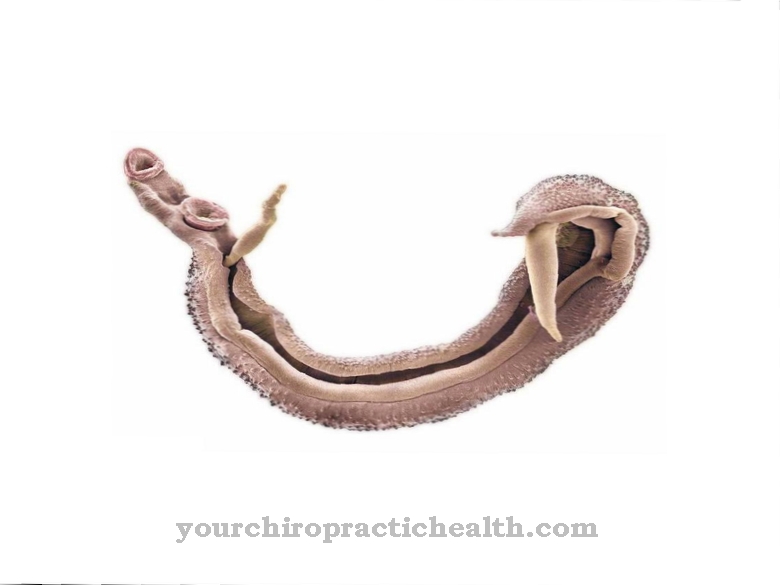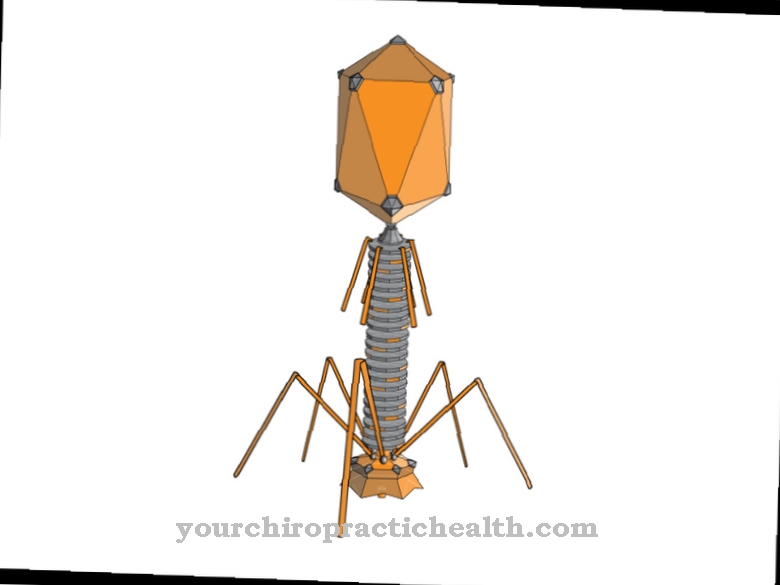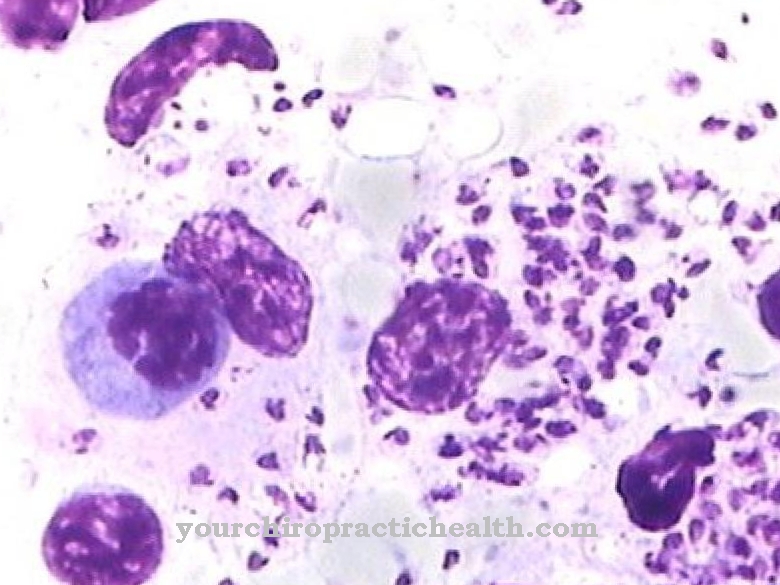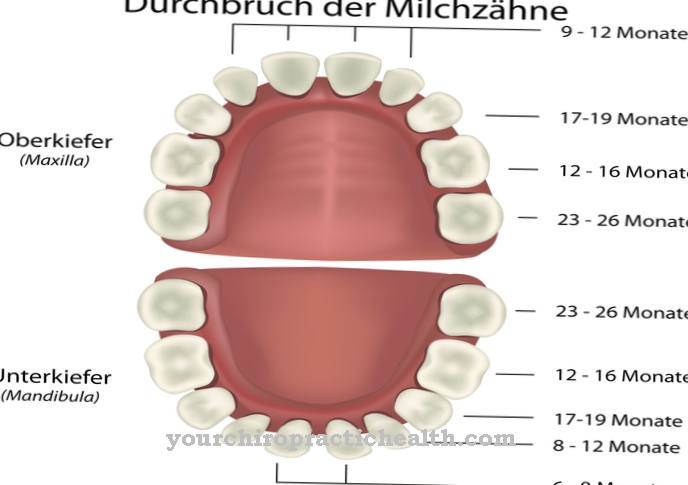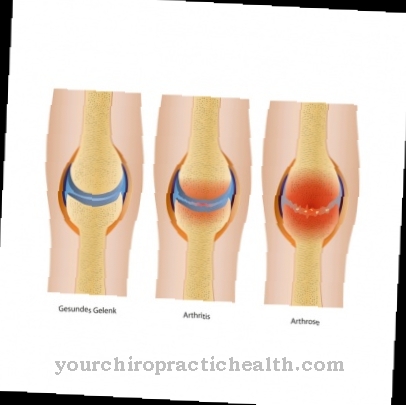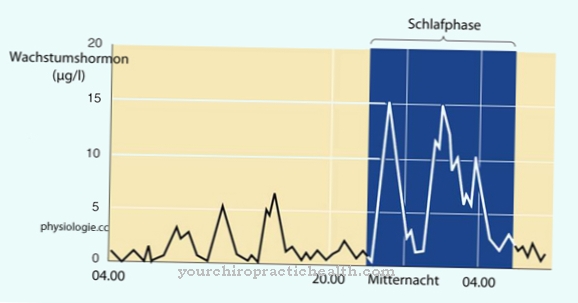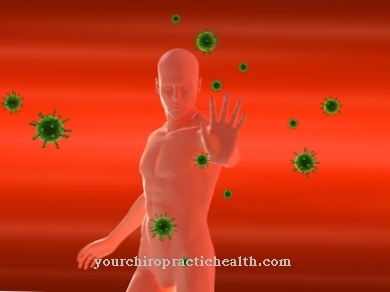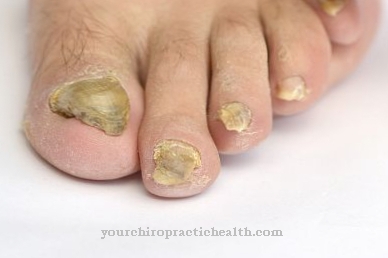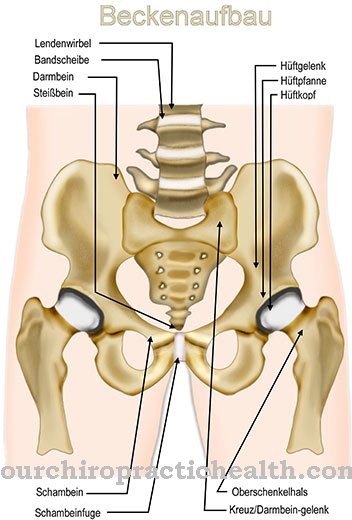worms are invertebrates that can live as parasites in the human body. Worm diseases can be caused by roundworms, flukes or tapeworms, for example.
What are worms?
Numerous, often only little related groups of invertebrates are referred to as worms. Worms are parasites of humans. Once inside the body, they can cause a wide variety of diseases and associated symptoms. The extent of the symptoms of the disease depends on both the type of worm and the immune system of the person concerned.
Many worm diseases occur mainly in subtropical or tropical areas. However, some worm species are also native to Germany. In humans, most worm diseases affect the intestines. The fish tapeworm, the beef tapeworm and the pork tapeworm can cause intestinal diseases in humans. Dog and fox tapeworm, on the other hand, preferentially attack the liver or lungs. Pinworms often infest children. Roundworm infections can also occur.
Occurrence, Distribution & Properties
Tapeworms belong to the class of flatworms. There are more than 3000 species worldwide. The tapeworms live as so-called endoparasites in the brain and intestines of vertebrates. They hold onto the intestinal wall with the help of suction cups and hook rings. Parts of the worms are excreted with the faeces. The feces are one of the sources of infection for tapeworms. In the event of an infestation, if there is a lack of hygiene, recurring self-infections can also occur. However, the worms mostly enter the human body through contaminated food.
The eggs of the dog or fox tapeworm are also ingested through contaminated food. The eggs are often found on forest berries. Pinworms are usually transmitted by smear infection. The worm eggs are picked up, for example, by touching contaminated toys or toilet door handles. Widespread pinworm infestation occurs particularly in day-care centers or kindergartens.
Roundworm infection usually occurs through inhalation of fecal dust or through consumption of lettuce or vegetables that have been fertilized with contaminated excrement.
Trichinae enter the human body through contaminated meat. As a rule, pork is the cause of what is known as trichinella. Whipworms also get into the body through raw food contaminated with excretions.
Hookworms occur almost exclusively in the tropics and the subtropics. They dig through the skin. Vacationers get infected, for example, by walking barefoot on the beach. Just like hookworm disease (ankylostomiasis), schistosomiasis (schistosomiasis) is a disease of the tropics and subtropics. The larvae of the worms swim in the water and penetrate the human body through the skin on contact with water.
Illnesses & ailments
Tapeworm diseases often have no symptoms. The worms do not cause pain as long as they remain in the intestine. However, the parasitic nature of the worms can lead to unwanted weight loss. Deficiency symptoms due to the loss of nutrients are also possible. When the worm eggs are taken in again orally from their own feces through smear infections, larvae develop. These are able to pierce the intestinal wall. They are distributed throughout the body via the bloodstream. They can become lodged in the connective tissue, muscles or brain and, depending on their location, cause various symptoms such as cramps or neurological disorders.
In echinococcosis, the infection with the fox or dog tapeworm, the eggs of the worms mainly get into the lungs and liver. Here the eggs join together in a large network and form cysts. These result in the destruction of the surrounding tissue. The cysts grow over months and years. This severely affects the functionality of the affected organ. The cysts can also burst. As the contents of the cysts drain into the body, severe inflammation or severe allergic reactions may develop.
A characteristic feature of an infection with pinworms (oxyuriasis) is an unpleasant itching of the anus. Most often children are affected by the infection. These scratch their anus and then often pick up the eggs again through the mouth. In girls, scratching can also develop vaginal infections. Itching at night is often the cause of sleep disorders in children.
When roundworms (ascariasis) enter the body through the lungs, they cause bronchitis-like symptoms. The adult worms cause pain and indigestion in the gastrointestinal tract.
Trichinae enter the bloodstream from the intestine via the bloodstream. The further development of the ingested larvae takes place in the skeletal muscles. The parasites preferentially attack the neck, chewing and diaphragm muscles. The muscles of the shoulder girdle are also often affected in trichinella. The muscles are damaged by the larvae. The consequences are fever and rheumatoid pain. The face can swell from allergic reactions. If the tongue is affected, speech difficulties can arise.Involvement of the diaphragm, on the other hand, leads to breathing difficulties.
Hookworms settle in the small intestine after piercing the skin. Hookworm disease (ankylostomiasis) is usually chronic. As the worms actively suck blood from the intestinal wall, anemia can develop. Those affected are tired, exhausted and pale. The iron levels in the blood are low.
Pair leeches prefer to settle in the urinary bladder, intestines, liver, lungs and brain. Liver swelling, headache, acute fever and life-threatening bleeding in the stomach and esophagus are possible symptoms of such schistosomiasis.
Doctors & therapists in your area

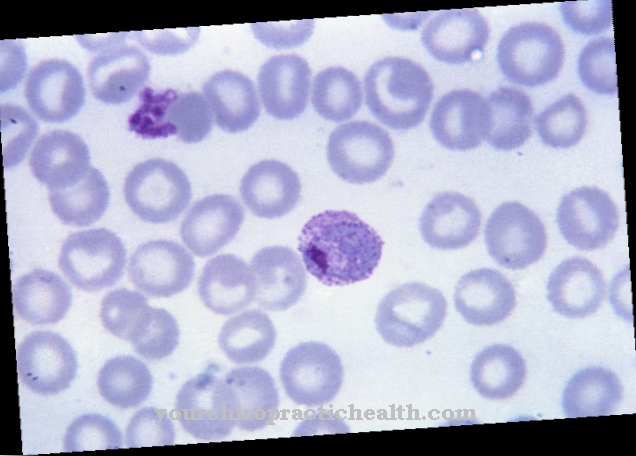
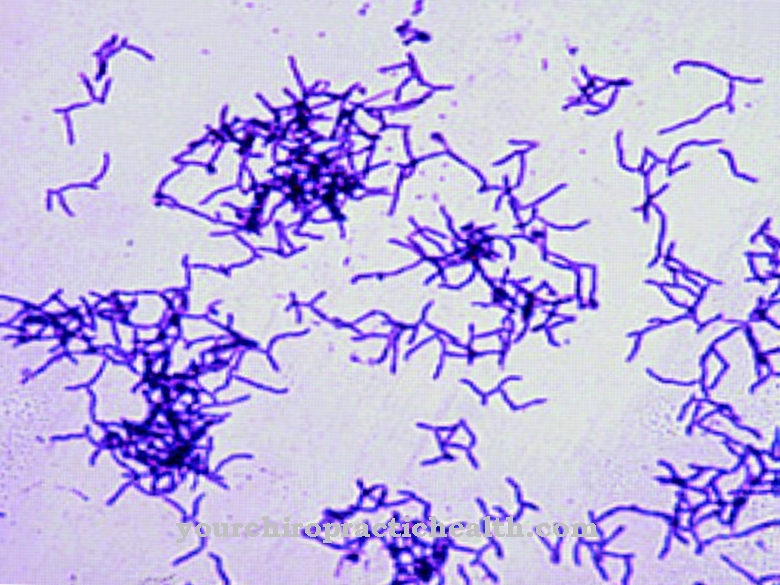
.jpg)
